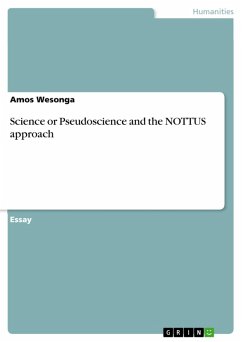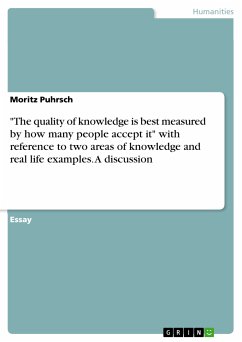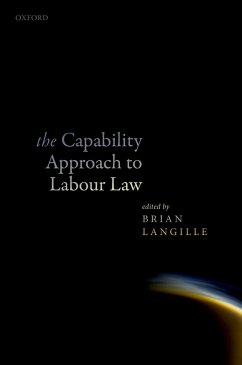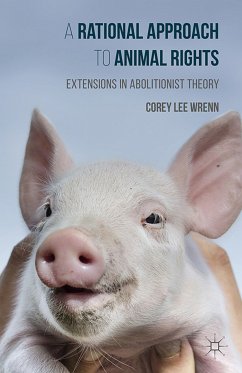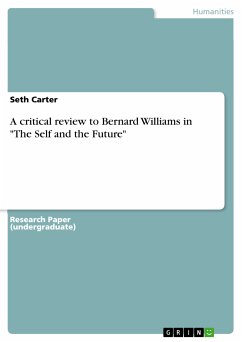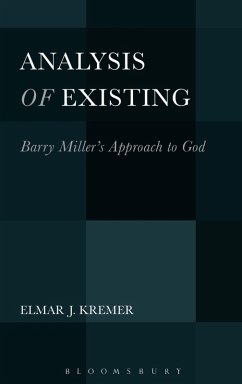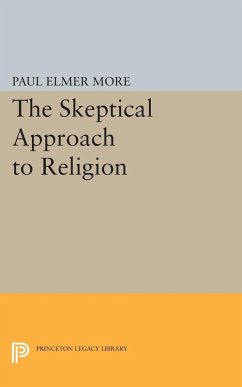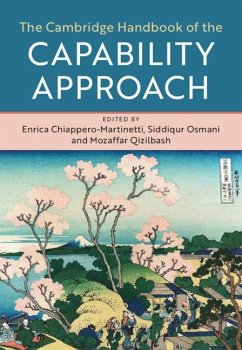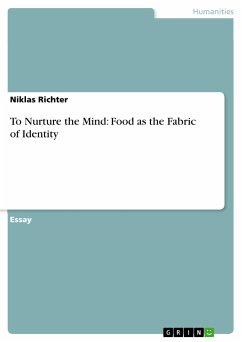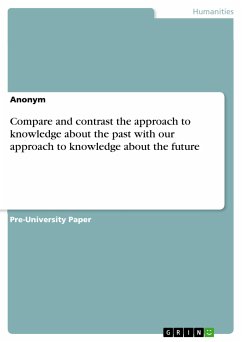
Compare and contrast the approach to knowledge about the past with our approach to knowledge about the future (eBook, PDF)

PAYBACK Punkte
0 °P sammeln!
Pre-University Paper from the year 2006 in the subject Philosophy - Miscellaneous, grade: 2,0, , course: theory of knowledge, language: English, abstract: Galileo's heliocentric theory that the sun is the centre of the universe is common knowledge.Based on this knowledge we believe that it was like that yesterday, will be today, as well as tomorrow. The first question one needs to ask is that of; how does the access to knowledge about the past differ from the approach to knowledge about what is going to happen? Does our approach to knowledge about the past and the future need to be based on th...
Pre-University Paper from the year 2006 in the subject Philosophy - Miscellaneous, grade: 2,0, , course: theory of knowledge, language: English, abstract: Galileo's heliocentric theory that the sun is the centre of the universe is common knowledge.Based on this knowledge we believe that it was like that yesterday, will be today, as well as tomorrow. The first question one needs to ask is that of; how does the access to knowledge about the past differ from the approach to knowledge about what is going to happen? Does our approach to knowledge about the past and the future need to be based on the presence of evidence? For the purpose of being able to evaluate these questions one must focus on various areas of knowledge, such as history, natural science and mathematics. Furthermore, one must evaluate these on the criteria of emotion, perception, language and emotion. There is a variety of ways on how to approach knowledge such as truth, context, evidence and methodology. Both, the approach to knowledge about the past and the future have to be approached in a different way. First of all, one must consider the fact that the knowledge about the past focuses on events that have already happened before and thus cannot be changed, while future is still to come and therefore unknown. For the approach to the past there is enough evidence that we can rely on, such as history books, diaries, hieroglyphs, buildings, sculptures etc. However, what will history be without all these sources? Would we then have any approach to the past at all? With no evidence there would be no approach to the past. However, the eldest of our community were and will always be a source of knowledge about the past. Just like my grandfather always likes to tell me how bad the living conditions under the Communist rule in Poland were. However, one must take into consideration that the information that we receive is limited and biased. This takes place as mostly my grandfather passes the information from the past in a subjective way. This knowledge is based only on what he has experienced and his personal emotions that evolve around those events. So how can I rely on knowledge about the past? When approaching the knowledge about the past, we always have to question the validity of the evidence.
Dieser Download kann aus rechtlichen Gründen nur mit Rechnungsadresse in A, B, BG, CY, CZ, D, DK, EW, E, FIN, F, GR, HR, H, IRL, I, LT, L, LR, M, NL, PL, P, R, S, SLO, SK ausgeliefert werden.




